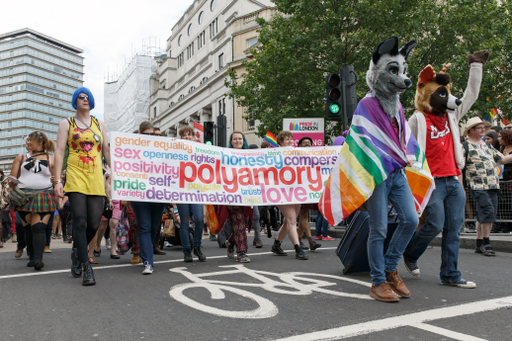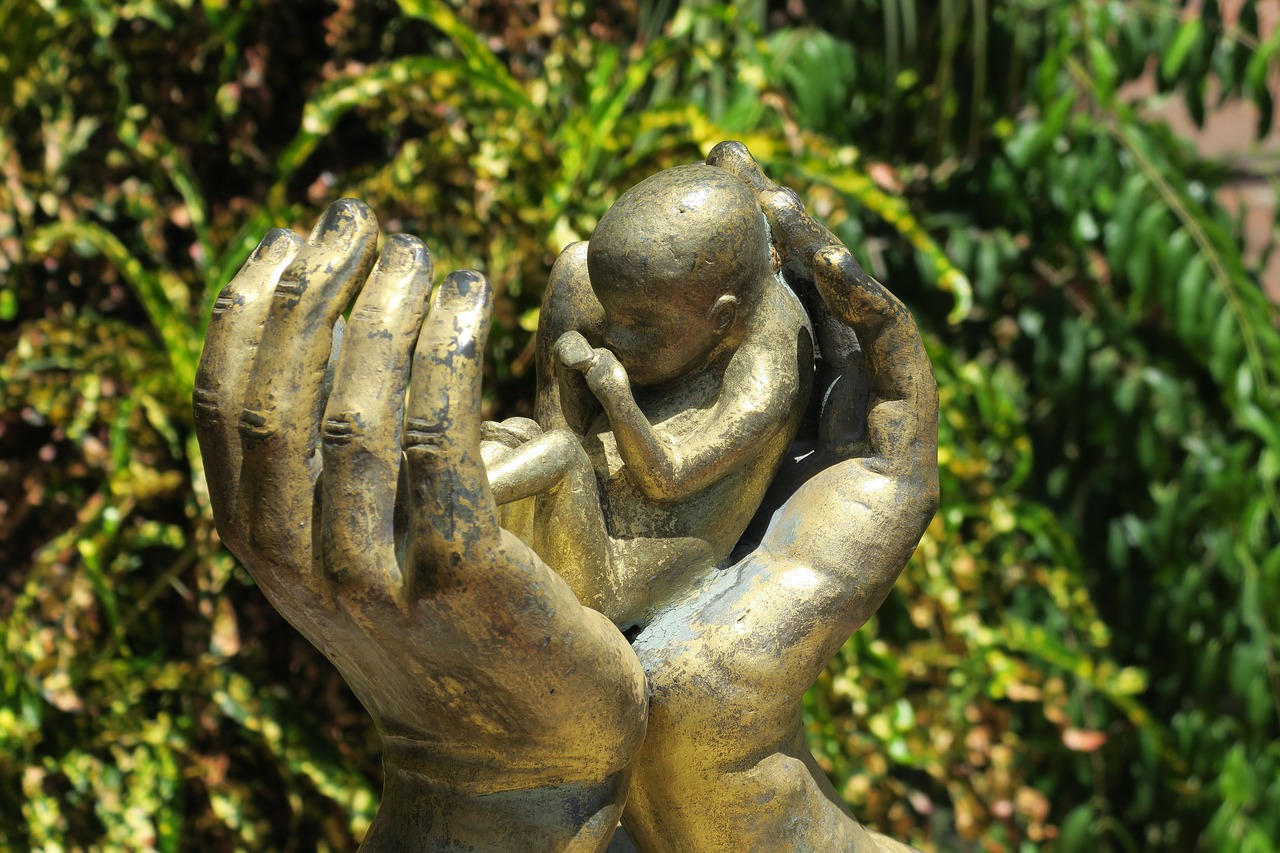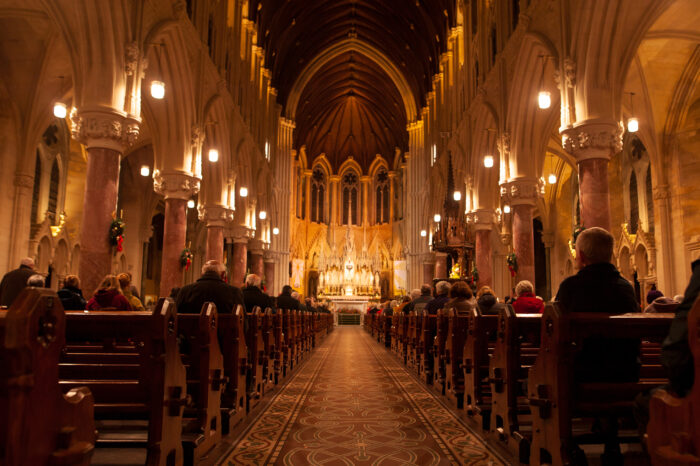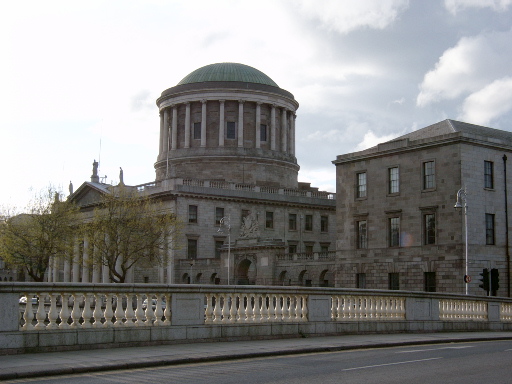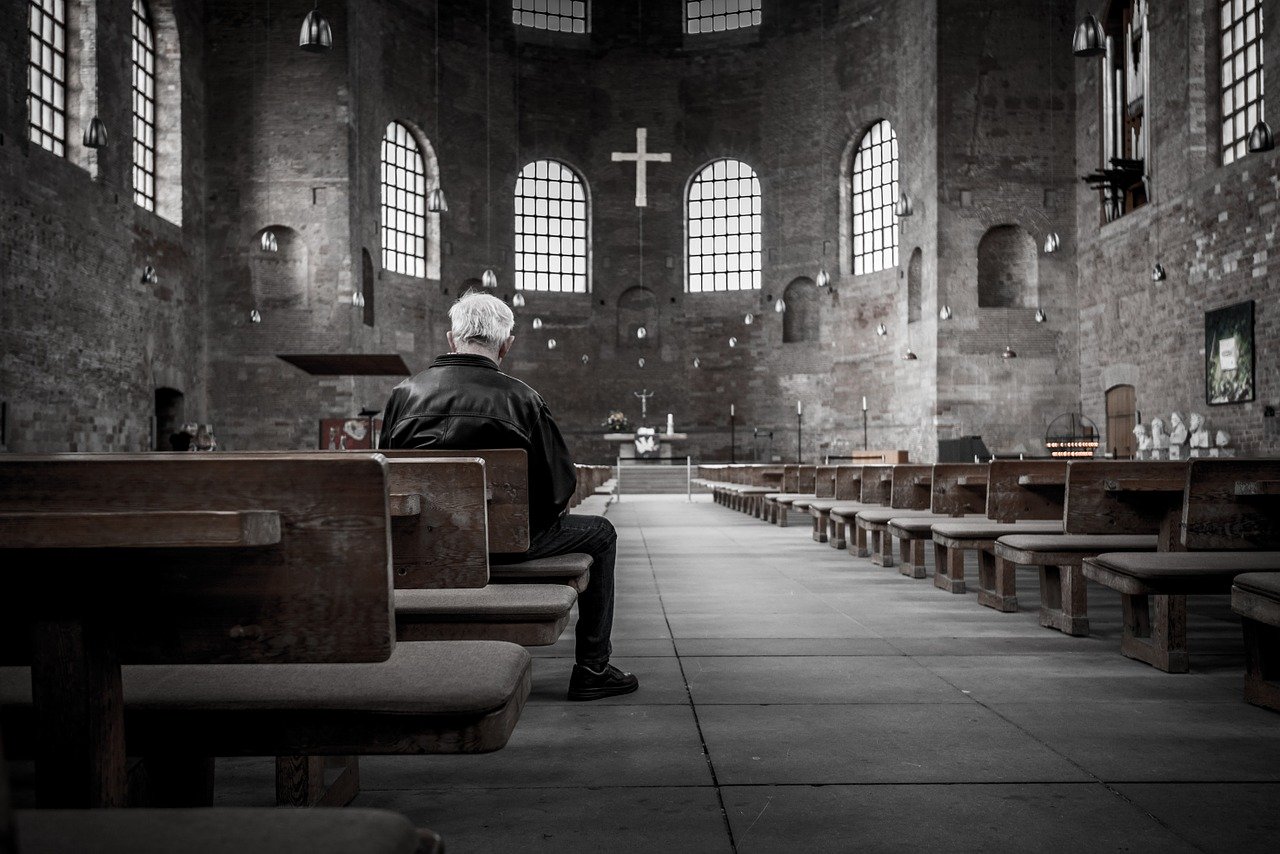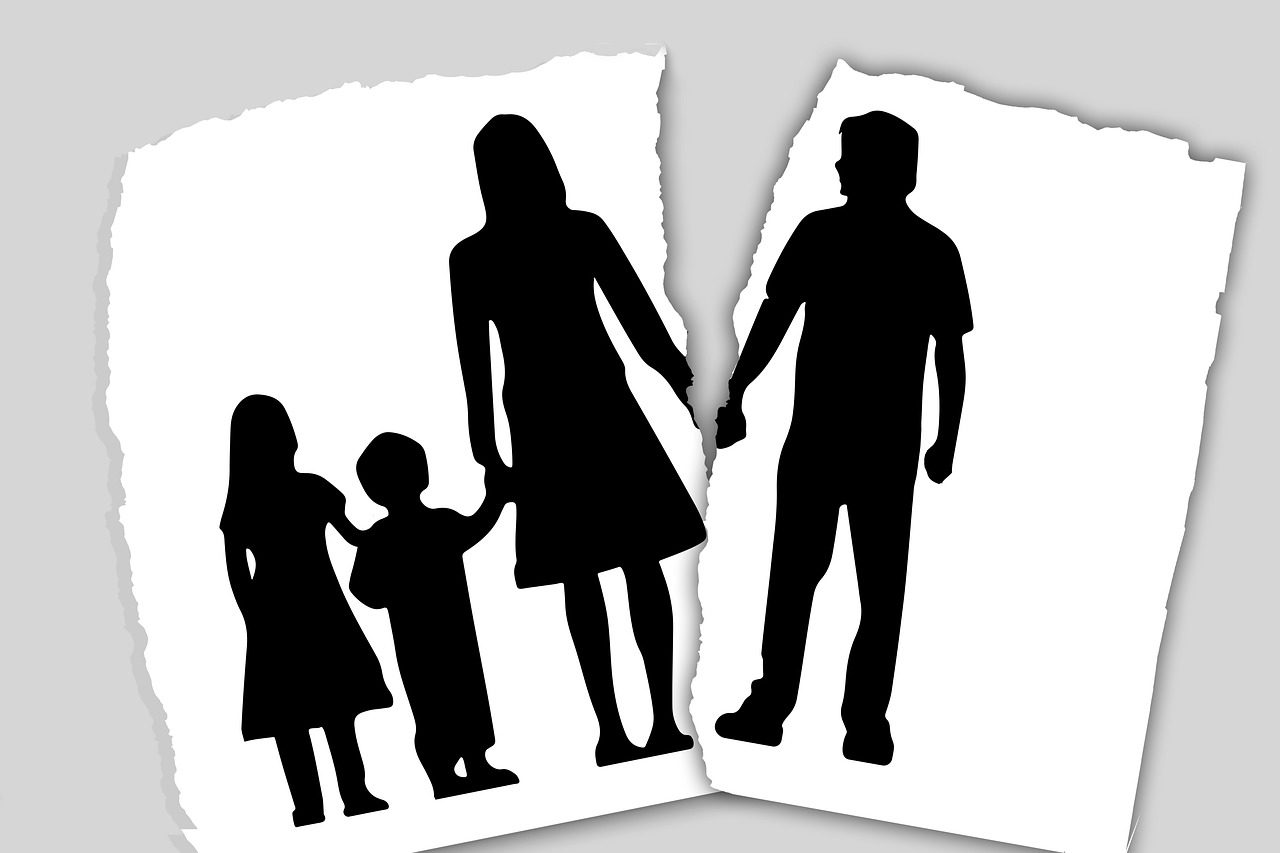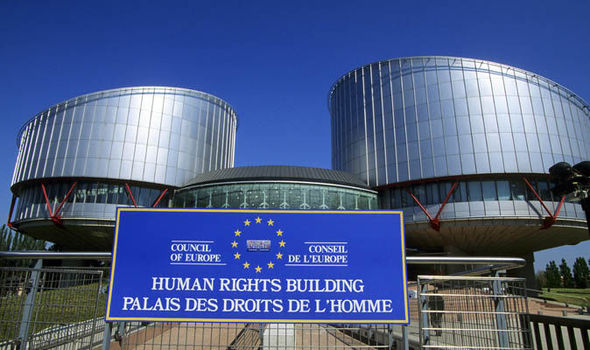The state of religious freedom in China has further deteriorated over the past year, US Secretary of State Mike Pompeo said on Wednesday, as his department unveiled a blistering assessment of the country’s treatment of religious groups.
China’s “state-sponsored repression against all religions continues to intensify”, Pompeo told reporters at the release of the “2019 International Religious Freedom Report”.
“The mass detentions of Uygurs in [the Xinjiang Uygur autonomous region] continues, so does the repression of Tibetan Buddhists and Falun Gong and Christians,” said Pompeo, accusing the Chinese Communist Party (CCP) of seeking to “infuse communist dogma” into faith groups’ teachings.
Last year began with China’s formal adoption of a five-year plan to “Sinicise” Islam, a strategy to bring the religion and its practitioners in line with Party doctrine.
In 2019 the Chinese government had “tortured, physically abused, arrested, detained, sentenced to prison, subjected to forced indoctrination in CCP ideology, or harassed adherents of both registered and unregistered religious groups for activities related to their religious beliefs and practices,” said the report, which devoted some 45,000 words to the situation in China.
Specifically in the province of Xinjiang, the US government believes that “more than one million” Uygurs and other ethnic minority groups have been detained in mass internment camps for the purpose of forced indoctrination since April 2017, said the report, echoing similar estimates made by the United Nations.



